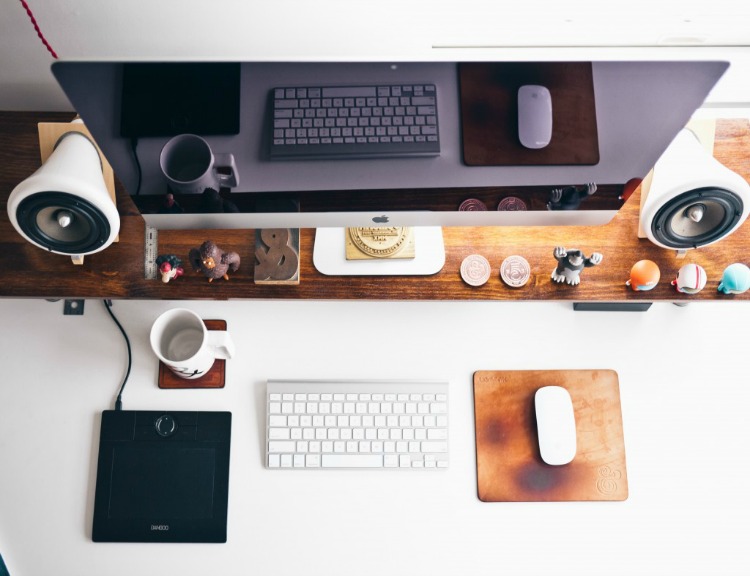An entire weekend lay before me. Long and languid meandering like a lazy river, no calls to make, no where to have to be.
“What shall I do?” my mind asked my heart.
“Do nothing” my heart replied.
My mind grappled with the concept.
Squirming as it usually does when the idea of doing nothing is presented.
After all there were emails to be answered (aren’t there always?) accounts to be reconciled, papers to be filed. As an entrepreneur I find I rarely switch off. But who am I kidding? It was the same at the beginning of my career when I was a trainee manager, and no different when I was an MD.
Switching off is hard to do.
Surely I must keep busy. Do something. Isn’t that how I prove my worth? How I bring my existence into being?
I waited for a moment, lit a candle, and wrote these words before taking my cup of tea to the sofa to do nothing.
What happened next was intriguing.
I sank down into the space and savoured the silence. As I sat I remembered, smiling at the irony that this is my life’s work: yes it is hard for me to switch off and that’s not unique to me.
This is a challenge we face in these times, and my struggle is no different to the struggle of many other people. You may recognise it as your struggle too – the trap that being busy equates to being worthwhile.
It’s what stops us from taking a day off when we’re sick, preferring to plough on. It’s what prevents us turning off our smartphones and dedicating our attention to the person in front of us. It’s what keeps us crashing into bed tired but wired night after night.
But the funny thing is, sometimes it’s when we switch off we become most productive. In the nothing, something happens.
It’s why babies and children frequently nap during the day. There’s so much developmental growth happening so quickly they need time to absorb and process everything they are learning.
What if it’s no different for us as adults? We’re constantly being stimulated. Does our down time actually help things to seep into our subconscious? Is it when our body repairs and revitalises? Is it when our brain and its capabilities develop?
I know that when I meditate any stresses, troubles or frustrations seem to be reduced afterwards. Ok, it may take a few minutes at first to quieten them, but after the process my mind is certainly calmer. Yet it’s always the last thing I want to do, especially when I’m feeling agitated or annoyed about something.
Isn’t it funny that the little things than actually help us to recuperate are the last things we want to do at the time? It’s that constant cycle of the hamster wheel and as it gets faster and faster we are less likely to get off. As a friend once said about my Pause retreat, ‘the more resistance you have to the Pause, the more it’s time’.
So I guess my point is this…
What if not switching off is actually making it harder for us to switch it ‘on’ when we need to?
Food for thought!












